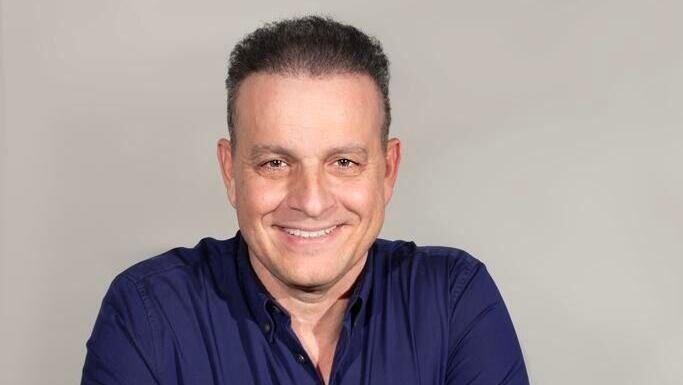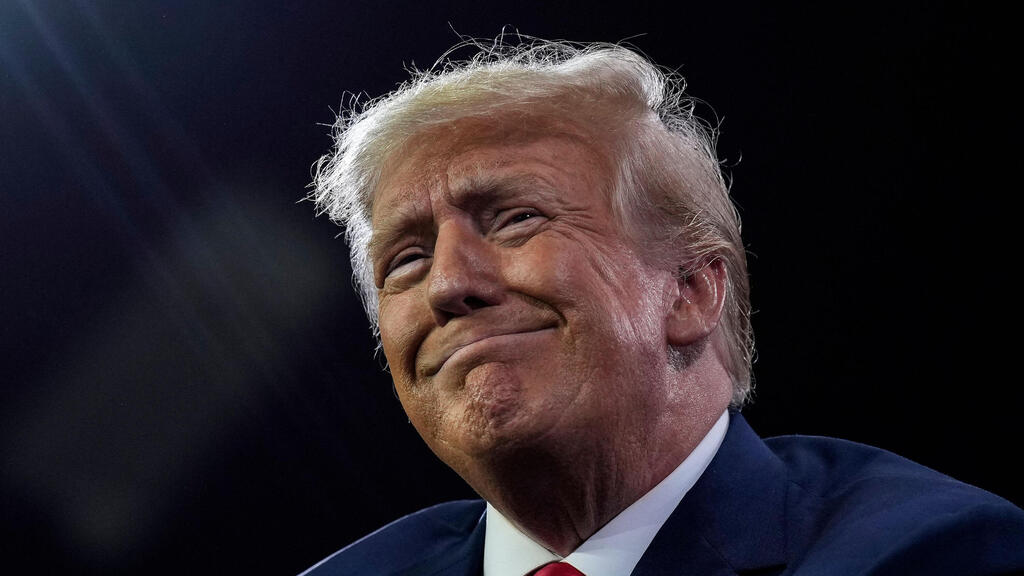Getting your Trinity Audio player ready...
An Israeli national was arrested and charged in a suspected Ponzi scheme that amounted to 35 million dollars, along with four other men including one who was pardoned by former U.S. president Donald Trump just days before leaving office.
Read more:
Shlomo Erez, 55 years old is an attorney who described himself on his website as having served in a classified IDF unit attached to the Prime Minister's Office where he commanded hundreds of men until leaving the service in 2007.
The main suspect in the case is Eliyahu Weinstein, a 48-year-old used-car dealer, who was sentenced to 24 years in prison until Trump granted him clemency and released him from prison in January 2021, after only eight years behind bars, just days before he left office.
Also indicted were Arye Bromberg (49), Joel Vitales (57), and Ala'a Hattab (34). According to the court filings, they defrauded over 150 people, mostly friends and family, in deals involving the supply of COVID-19 masks, baby formula, and first aid kits they said were intended to aid victims of the war in Ukraine.
Each of the suspects was charged with fraud and obstruction of justice. Weinstein and Bromberg were arrested by FBI agents in New Jersey, while Erez was apprehended at Kennedy Airport upon his arrival on an international flight to New York. Vitales and Hattab have not yet been arrested.
Weinstein was serving his lengthy prison sentence after he was convicted in two cases of Ponzi scheme and real estate fraud totaling $230 million. However, Trump decided to commute his sentence as part of a series of pardons before leaving the White House. Weinstein and others who received pardons relied on lobbyists and attorneys with connections to the administration, to secure leniency in their sentences.
After his release from prison, Weinstein committed to "start with a clean slate" in a video he posted and circulated among his close associates. "My goal is to make everyone proud of me and live my life the right way," he said.
However, according to the charges, Weinstein "continued exactly from where he left off." He devised a plan, along with his partners, to raise investments through a new company called Optimus Investments Inc. He did this because he knew that investors wouldn't give him a penny if they knew his true identity. Weinstein ran Optimus under the alias "Mike Konig" while convincing lenders, potential investors, and business partners to transfer funds to him.
Attorney Shlomo Erez claimed to be Weinstein's lawyer and assisted in concealing his true identity. During one of the meetings held, the defendants emphasized the importance of sticking together. "What I'm saying is that I understand the full picture and the best way is to work as a team," Erez said, according to the filings.
"I committed Ponzi and lied to people to cover for us," Weinstein was heard saying in a recording. But the investments were fraudulent, and Weinstein conspired with his partners to raise funds from existing investors in two other companies, in order to cover the funds from additional investors in the scheme, the indictment said.
Six months later, Weinstein revealed his true identity in a secretly recorded meeting. In a subsequent meeting, he confessed to misusing investors' funds and making false statements about Optimus transactions, the indictment said.
First published: 00:00, 07.21.23





